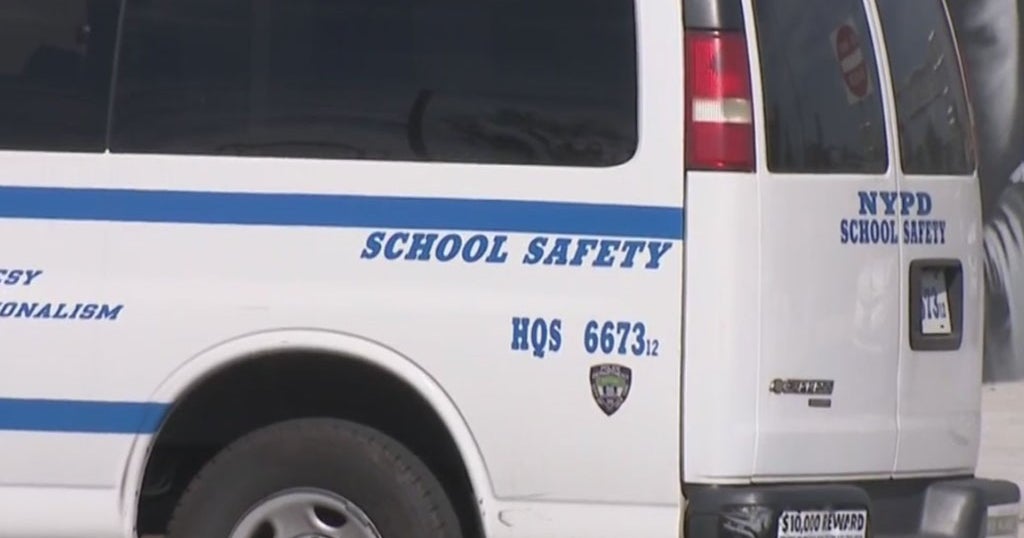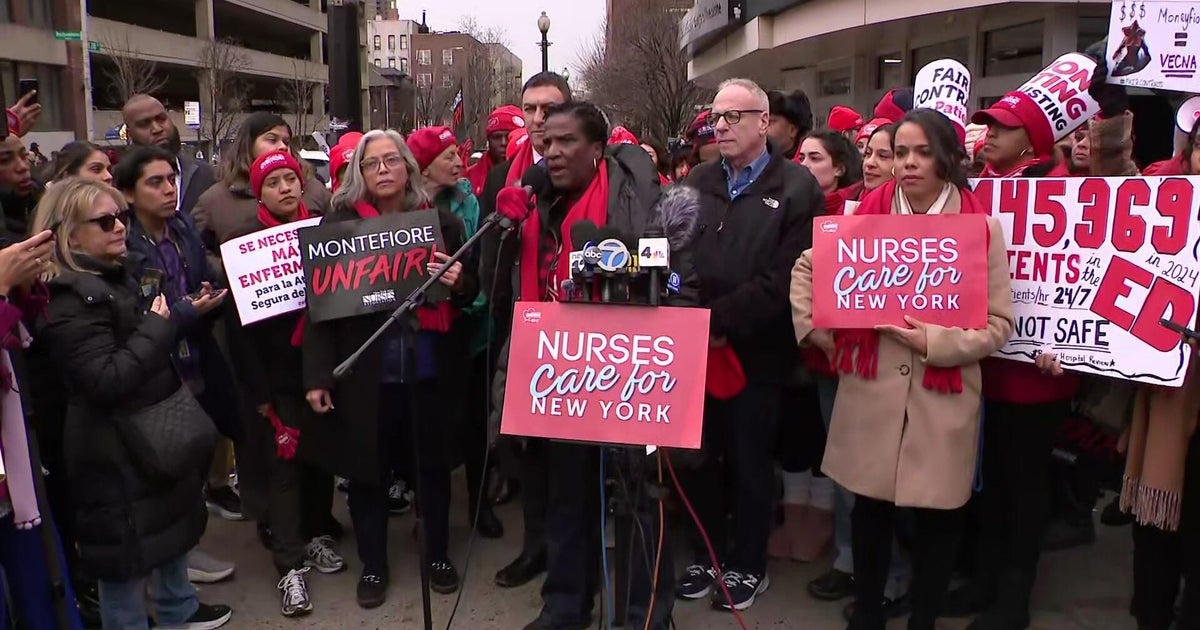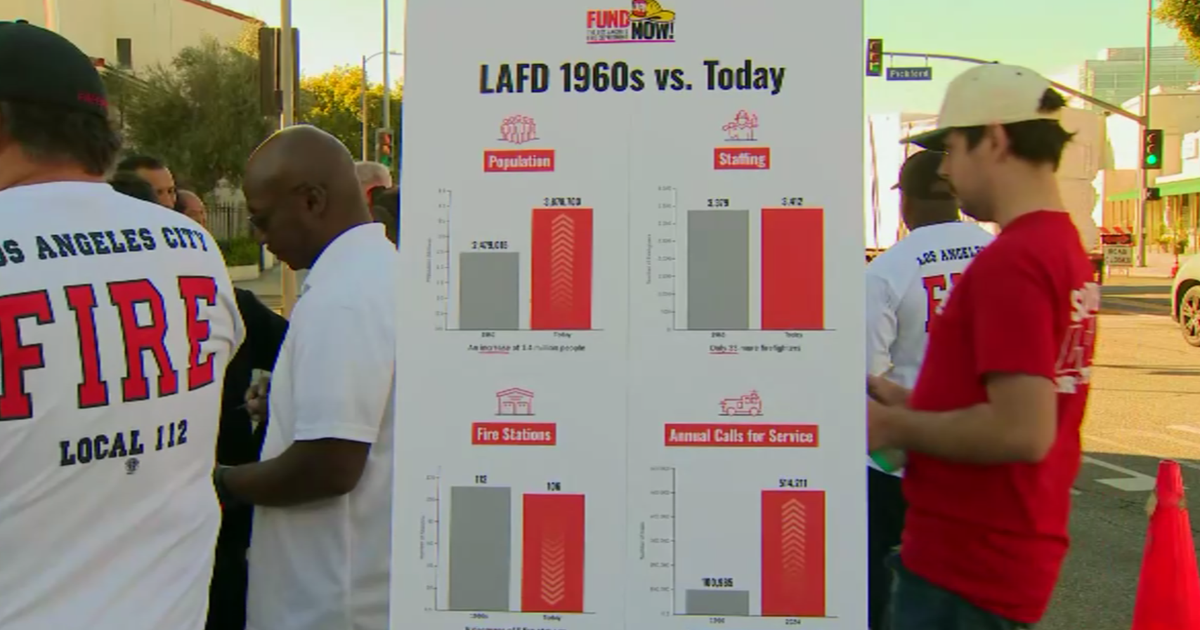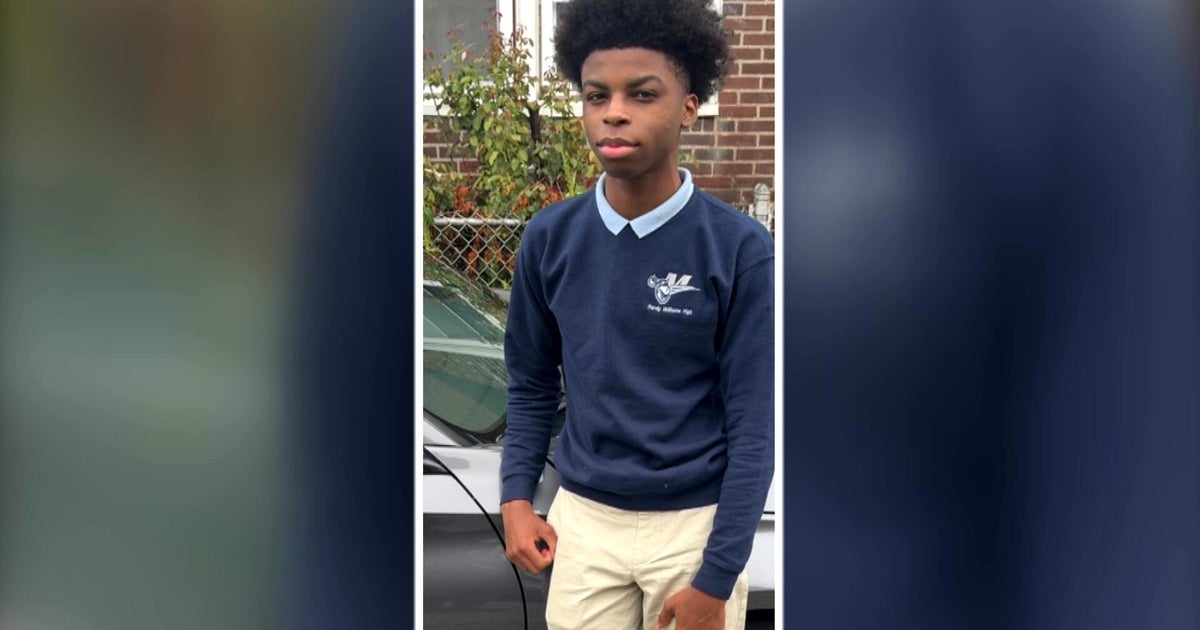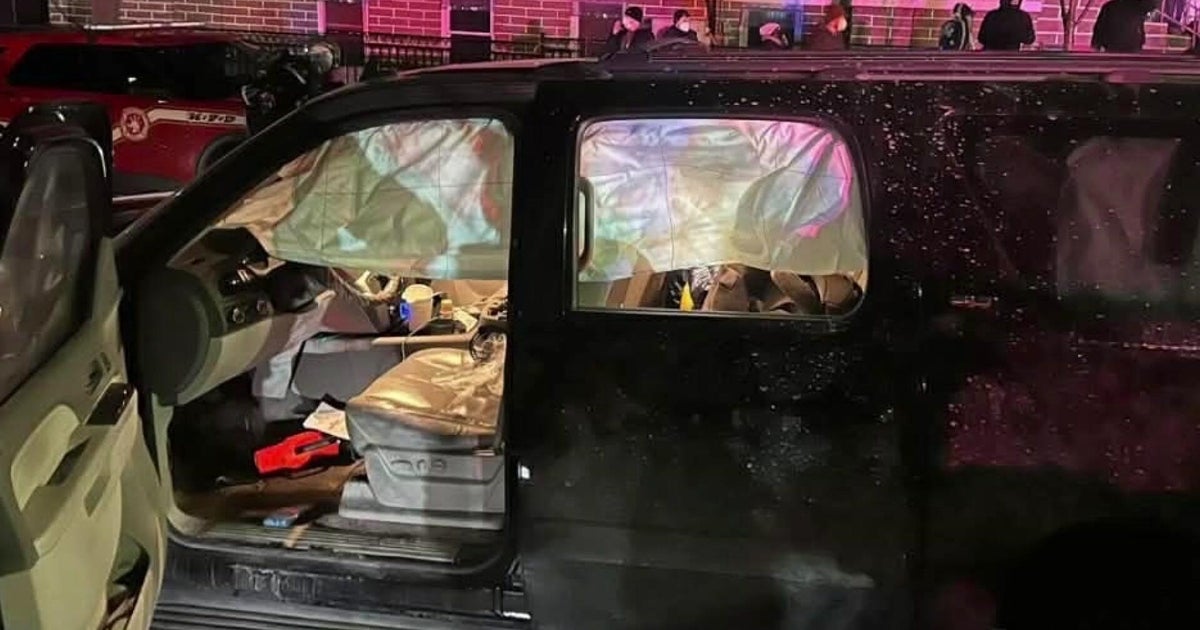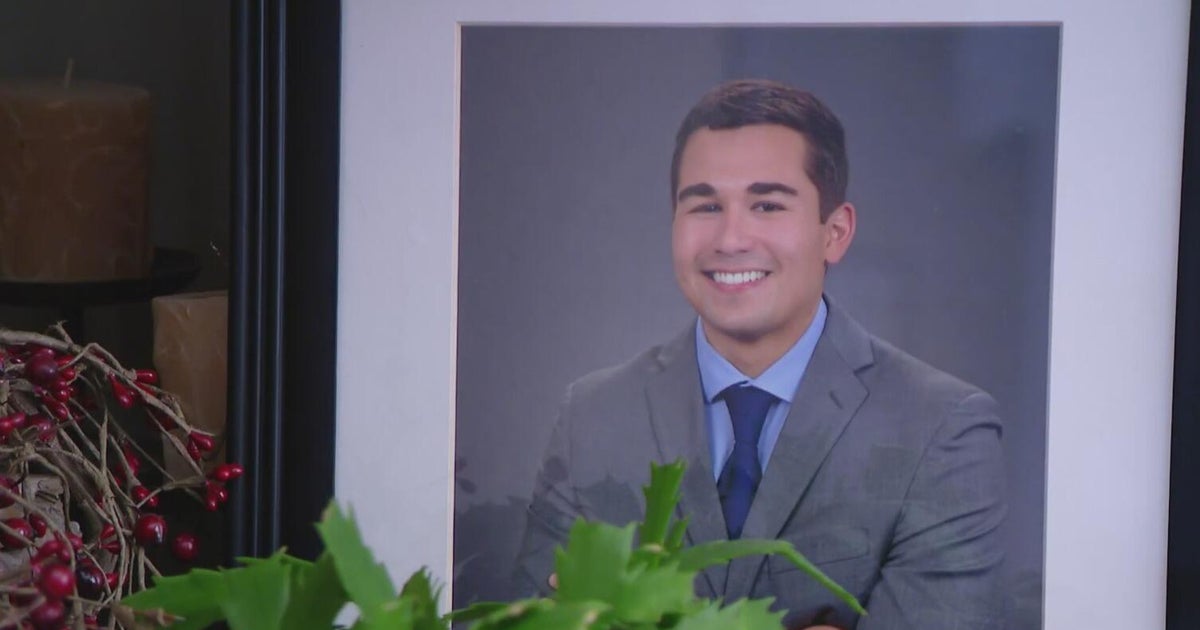New York City Using Poetry To Promote Safety
NEW YORK (CBSNewYork) -- How about some poetry during your rush hour commute?
New York City is unveiling an artistic campaign to keep streets safe, reports CBS 2's Sean Hennessey.
EXTRA: Curbside Haikus and Map (pdf)
It's a new sign of the times in the city, and it's one not everyone understands.
"Well I thought haiku was a perfume now," said Virginia Irvin of the Bronx.
WCBS 880's Marla Diamond On The Story
Podcast
They're called curbside haiku, the city's new safety initiative using Japanese-style poetry to catch the attention of pedestrians, and make them think.
"What we've learned that is that the more innovative the message and with a little bit of humor, or something a little off beat, is much more effective form of communication," Transportation Commissioner Janette Sadik-Khan said.
A dozen designs will flood city streets, each meeting the syllable count on each line haiku demands, along with the non-rhyming imagery, like this one: "Oncoming cars rush/Each a 3 ton bullet/And you, flesh and bone."
"It doesn't really matter if it's haiku or any other language. If there's a message behind it and you understand what the message is, I think it's a good thing," said Fred Warfield of the Bronx.
1010 WINS' Juliet Papa reports
Podcast
Not all signs will have poems beneath. Some will have QR codes that'll need a smart phone to download the poem.
"It's interesting, it's cute. It's just going to have more people blocking this corner of the sidewalk when you're trying to cross," said Tina Schleicher of Hempstead, adding when asked if she finds the poetry effective, "Not particularly. I find watching where I'm going to be very effective."
Some of the poems designed to send a message include:
"Imagine a world/Where every move matters/Welcome to that world."
"Aggressive driver/Aggressive pedestrian/Two crash test dummies."
"8 million swimming/The traffic rolling like waves/Watch for undertow."
It's illustrative language that may take some time to get used to.
"Eight million swimming, the traffic rolling like waves, watch for undertow. What undertow?" one person said.
The city will put up 200 of these in all five boroughs. They'll be at cultural spots, near schools and in high accident areas. The city called this one more tool in its toolbox to keep pedestrians safe.
The curbside haiku signs will be posted for about nine months and will rotate during that time.
What do you think? Please offer your thoughts in the comments section below.
